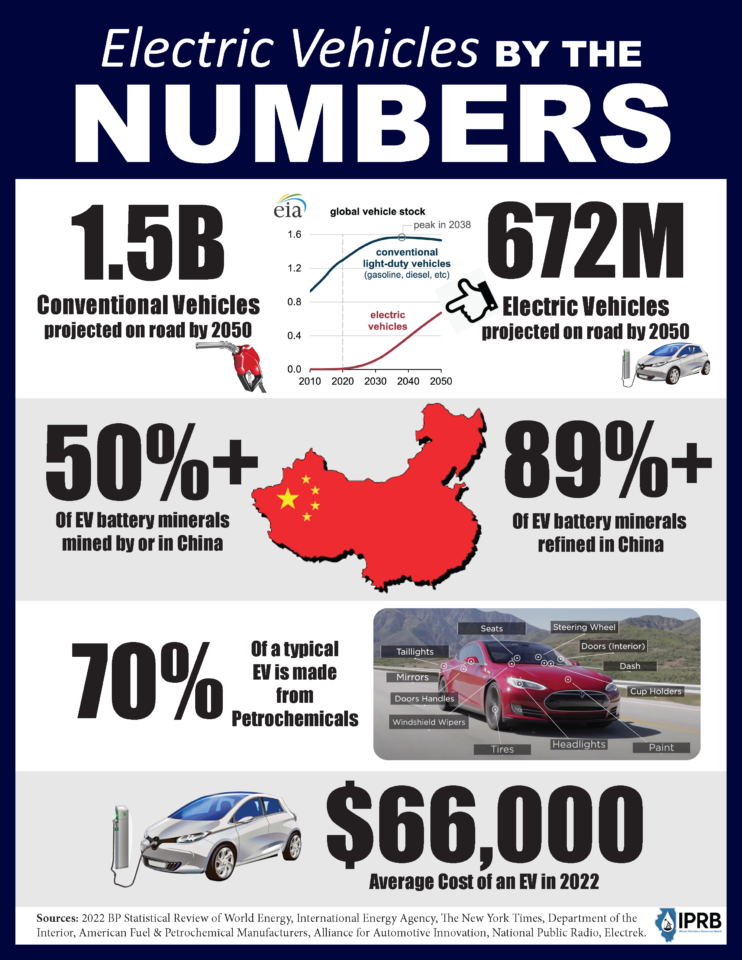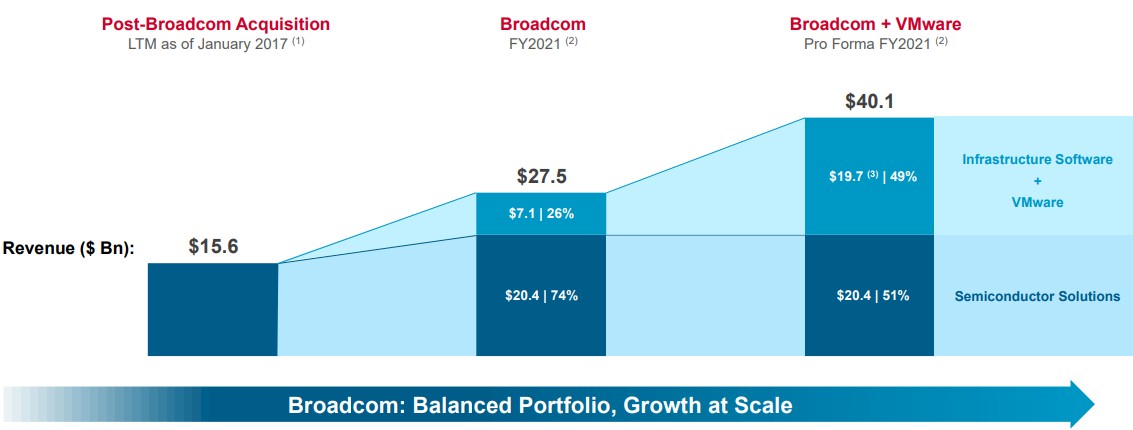New Pushback From Car Dealers Against Electric Vehicle Regulations

Table of Contents
Financial Concerns Driving Dealer Opposition to Electric Vehicle Regulations
Dealers are concerned about the significant financial implications of transitioning to an EV-centric business model. This includes substantial upfront investment costs and potentially reduced profit margins compared to traditional gasoline vehicles. This financial hurdle represents a major obstacle to the widespread adoption of EVs.
- High initial investment in EV charging infrastructure: Installing and maintaining fast-charging stations requires a considerable capital outlay, potentially exceeding the budget of many dealerships, especially smaller independent ones.
- Specialized training requirements for EV mechanics and sales staff: EVs require specialized knowledge and tools for both sales and service. Training staff on these new technologies adds significant costs to the operational budget.
- Lower profit margins on EV sales compared to traditional gasoline vehicles: Currently, the profit margins on EVs are often lower than on internal combustion engine (ICE) vehicles, due to factors like higher manufacturing costs and increased competition.
- Uncertainty surrounding government incentives and consumer demand: The fluctuating nature of government subsidies and the unpredictable growth of consumer demand for EVs create significant financial uncertainty.
- Potential for decreased used car values as the EV market matures: As more EVs enter the market, the value of used gasoline vehicles may decline, impacting the profitability of used car sales for dealerships.
Many dealerships lack the capital necessary to upgrade their facilities to accommodate EV servicing and charging, making the transition economically challenging and contributing to the pushback against electric vehicle regulations.
Challenges in EV Sales and Service Compared to Traditional Vehicles
Dealers are struggling to adapt their sales and service models to the unique demands of electric vehicles. This adaptation requires significant changes in infrastructure, training, and sales strategies.
- Longer sales cycles for EVs due to higher purchase prices and consumer hesitancy: The higher initial cost of EVs and consumer anxieties about range, charging infrastructure, and battery life often lead to longer sales cycles.
- Different service procedures and specialized training needed for EV repairs: EV maintenance and repair procedures differ significantly from those of gasoline vehicles, requiring specialized training and tools. The lack of skilled technicians is a significant concern.
- Concerns about range anxiety and charging infrastructure impacting consumer confidence: Limited access to convenient and reliable public charging stations remains a major barrier to EV adoption and contributes to consumer hesitancy. This range anxiety directly impacts sales.
- Inventory management complexities due to longer lead times for EV deliveries: Managing EV inventory is complex due to longer lead times from manufacturers, which can impact sales and customer satisfaction.
The lack of readily available, affordable EV charging infrastructure contributes to consumer uncertainty, making EV sales more difficult than gasoline-powered vehicles and further fueling the resistance to electric vehicle regulations.
Concerns about Government Regulations and Mandates Regarding Electric Vehicle Regulations
Dealers are also voicing concerns about the speed and stringency of government regulations aimed at phasing out gasoline vehicles. The rapid pace of change creates significant uncertainty.
- Rapidly changing regulations creating uncertainty for long-term planning: Frequent changes in regulations make it difficult for dealerships to make long-term investment decisions confidently.
- Concerns about the feasibility of meeting ambitious EV sales targets: Dealers worry about the feasibility of meeting ambitious government-mandated targets for EV sales given the current challenges.
- Lack of clarity on future government support for the transition: Uncertainty about future government support and incentives adds to the financial risk associated with investing in EV infrastructure.
- Fear of potential penalties for non-compliance with regulations: The fear of significant penalties for not meeting regulatory requirements adds to the pressure on dealers.
The unpredictable nature of government policy makes it difficult for dealers to invest confidently in EV infrastructure and training, contributing to the pushback against electric vehicle regulations.
The Impact of Electric Vehicle Regulations on the Used Car Market
The rise of EVs is also significantly impacting the used car market, creating new challenges for dealerships.
- Potential for devaluation of used gasoline vehicles: As EV adoption increases, the value of used gasoline vehicles is likely to decline, reducing profit margins on used car sales.
- Uncertainty about the residual value of used EVs: The long-term residual value of used EVs remains uncertain, making it challenging to predict their resale value accurately.
- Dealerships need to adapt to selling both used gasoline and used electric vehicles: Dealerships must adapt their business models to accommodate the sale of both gasoline and electric vehicles, requiring investment in new skills and infrastructure.
Conclusion
The pushback from car dealers against electric vehicle regulations highlights the significant challenges involved in transitioning to a sustainable automotive future. Addressing the financial concerns, improving charging infrastructure, and providing clearer, more consistent regulatory frameworks are crucial to ensuring a smooth and successful transition. Ignoring these concerns could lead to slowed EV adoption and hamper the progress towards a greener automotive industry. It's vital to understand the complexities of the situation and work collaboratively to overcome these obstacles, fostering a future where electric vehicle regulations support, rather than hinder, the broader goals of environmental sustainability. Further discussion and proactive solutions regarding electric vehicle regulations are necessary to ensure a successful and equitable transition to a cleaner transportation future.

Featured Posts
-
 Charleston Tennis Pegula Claims Victory Against Collins
Apr 27, 2025
Charleston Tennis Pegula Claims Victory Against Collins
Apr 27, 2025 -
 The Allure Of Canada Outperforming Us Tourism
Apr 27, 2025
The Allure Of Canada Outperforming Us Tourism
Apr 27, 2025 -
 Hhss Controversial Choice Anti Vaccine Advocate To Examine Debunked Autism Vaccine Connection
Apr 27, 2025
Hhss Controversial Choice Anti Vaccine Advocate To Examine Debunked Autism Vaccine Connection
Apr 27, 2025 -
 How Many Horses Have Died At The Grand National Pre 2025 Statistics
Apr 27, 2025
How Many Horses Have Died At The Grand National Pre 2025 Statistics
Apr 27, 2025 -
 Entdecken Sie Die Herpetofauna Thueringens Der Neue Atlas
Apr 27, 2025
Entdecken Sie Die Herpetofauna Thueringens Der Neue Atlas
Apr 27, 2025
Latest Posts
-
 Proposed Starbucks Raise Rejected By Union
Apr 28, 2025
Proposed Starbucks Raise Rejected By Union
Apr 28, 2025 -
 Starbucks Unions Rejection Of Companys Wage Guarantee
Apr 28, 2025
Starbucks Unions Rejection Of Companys Wage Guarantee
Apr 28, 2025 -
 Unionized Starbucks Employees Turn Down Companys Pay Raise Proposal
Apr 28, 2025
Unionized Starbucks Employees Turn Down Companys Pay Raise Proposal
Apr 28, 2025 -
 Pace Of Rent Increases Slows In Metro Vancouver Housing Costs Still High
Apr 28, 2025
Pace Of Rent Increases Slows In Metro Vancouver Housing Costs Still High
Apr 28, 2025 -
 The V Mware Price Shock At And T Highlights A 1 050 Increase From Broadcom
Apr 28, 2025
The V Mware Price Shock At And T Highlights A 1 050 Increase From Broadcom
Apr 28, 2025
